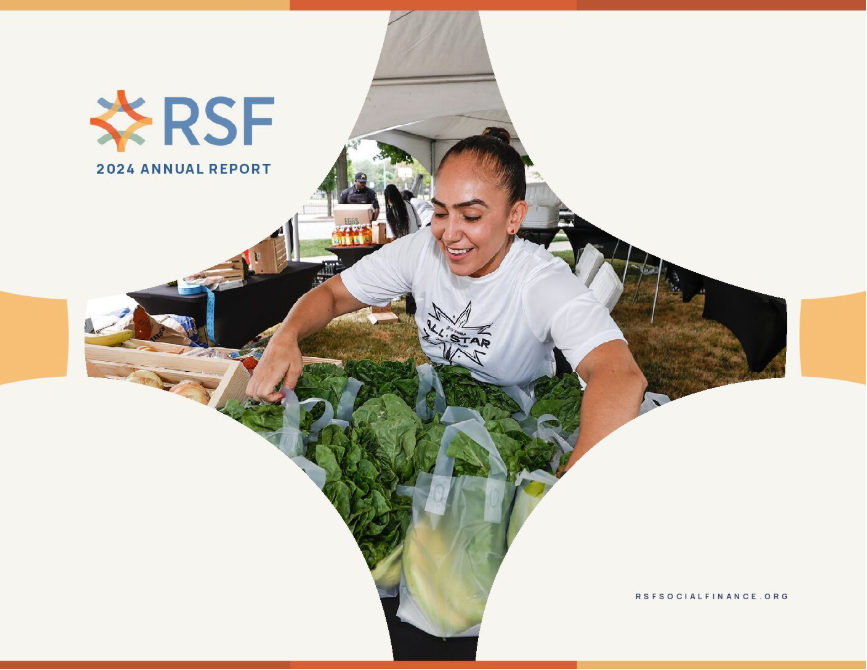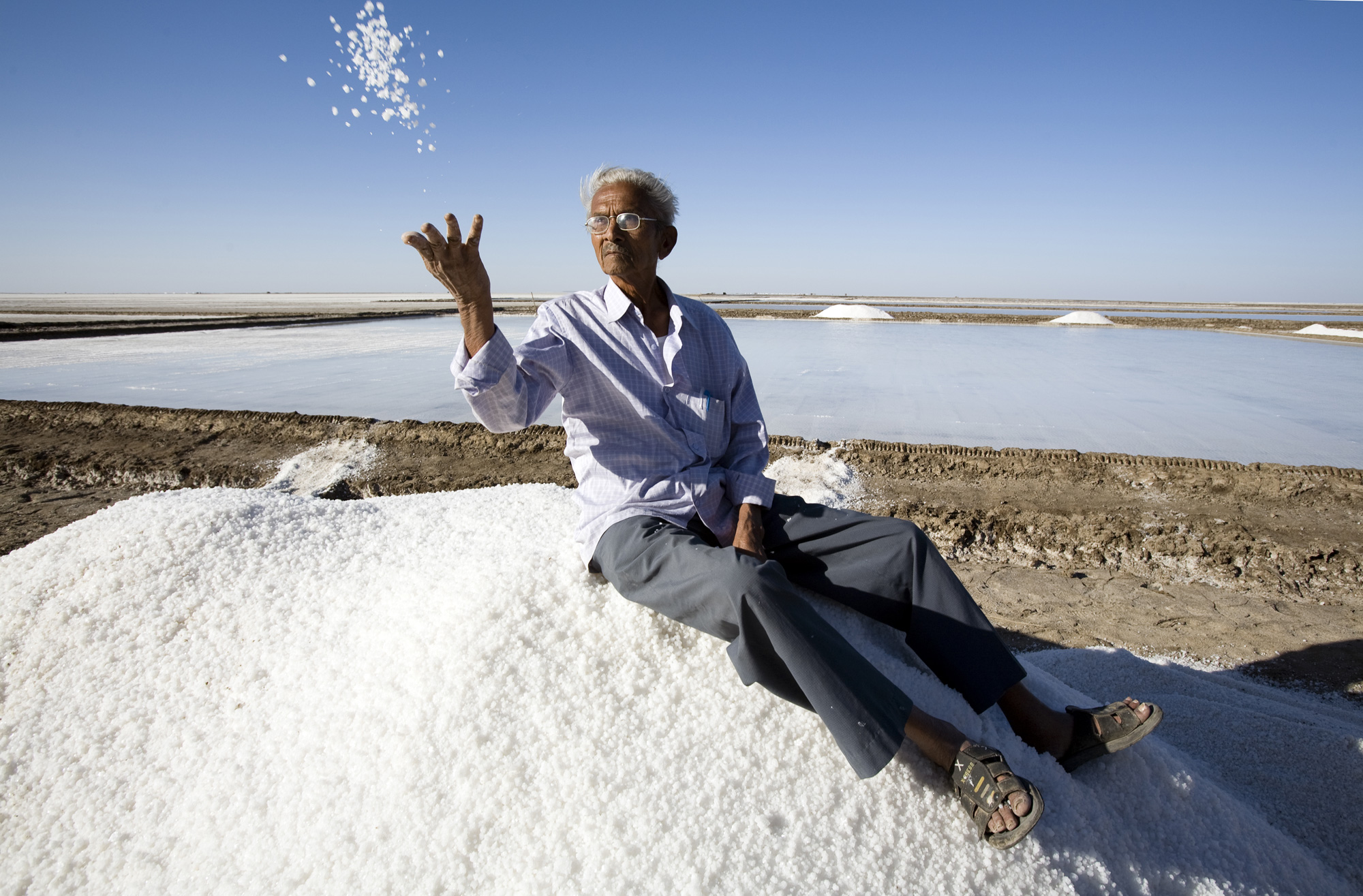So what does the imagination of work in the new economy look like? I would like to take the radical position that by reclaiming some historical understandings of work and vocation, I can evidence a more humanized and humanizing view of economic productivity than that practiced in the modern industrial model.
Daily life in a Benedictine Monastery was broken into a three-part rhythm. The segments were called ora, labora, and lectio, (prayer, work, and study) three hours of prayer and meditation, five hours of labor, and two hours of study. Prayer, of course, was the work of the monastic, but they also had to eat, have clothing and shelter; in short, they also had a practical economic life. In the lectio they had something of what we would now call a learning community where they served each others’ development through a shared experience of Biblical text and reading commentaries. Of course, the “output” of the monastery was spiritual or religious in nature, so one could dismiss its somewhat island-like quality as irrelevant to modern commercial culture. But monasteries lasted a long time and supported the people who dwelled in them while bringing about significant, though not always positive, cultural change through service to community.
A second, and current, example of a different view of work in economic life can be found in the Sarvodaya village movement in Sri Lanka, founded by A.T. Ariyaratne. In the villages, they do not speak of full employment. That is essentially a Western industrial concept (rarely accomplished). Instead they speak of full engagement. What does that mean exactly? First one has to understand the Buddhist economic concept of right livelihood; that is to say that each and every person in a community, regardless of age or condition, has the capacity to contribute to the overall economy and cultural life of the community, and in return can have their basic needs met out of the work of the community. One example: Roads are built by the community. If all one can do for the day, given the limitations, is to move one stone into place in the roadway, it is honored and considered as that person’s contribution. In the Sarvodaya framework, economic activity is not separate from the spiritual or political life, and right livelihood is a correlative of vocation. Still one could say that this approach only solves economic issues one village at a time, but point here the human quality and value of work.
There have been and are numerous examples of workplaces in which the recognition of people’s need for a sense of growth, learning, or development has been met with some innovative activities. Early in the 20th century Rudolf Steiner gave lectures for the workers of the Waldorf Astoria Cigarette factory as an antidote to the deadening effects of modern factory production. Such activities were deemed important by the management not because it would increase production or profit, but rather because the workers were people, each of whom had an inner life of mind or spirit as well as the physical capacity to labor. As another example, the development of team production in auto manufacturing takes into account a quality of participation and problem-solving that engages the workers on a deeper level than just repetitive physical labor.
But there is one element in this more humanized view of work that I have not seen addressed as we point to a new economy. And, until it is addressed all the new thinking about work and the new workplace will still be anchored in the old paradigm. That element is compensation. The way of life in the monastery or the Sarvodaya village is contained enough such that compensation is integral. You work in community, and your needs are met in community. This imagination offers much by way of a future picture, especially if our money economy collapses entirely. The reality is that all our needs are met in community whether we think of this on a local or global scale.
Though in common parlance we do not think of it this way, compensation speaks of the function of money as a replacement for that which we cannot provide ourselves or that our community will not provide without compensation for its needs. If we do not have the time, capacity (or interest) to labor in the field for food, we need to compensate someone to do this on our behalf. But, what is money “buying”? The food—it would appear that way when we go to market. The labor to produce it—we certainly know there is a cost to production built into price. The old paradigm is predicated on labor itself as a commodity, something which can be bought and sold, and priced on an hourly or annual market rate. Such an approach will always tie work to a direct line between input and output of money or capital, and thus to a division of labor and efficiency—no matter how nice the workplace or the benefits.
Vocation, however, does not operate on such a linear path because it assumes a flow between spirit (calling) and work (how that calling translates into the world). And we know that vocation is highly individualized. The lesson to take from the village and the monastery is that right livelihood needs to be supported, and when that is done a sufficient and sustaining economy emerges. The work one does is part of one’s life path, one’s gift to community, not a thing separate or separable from the one who does it. Compensation, then, is not payment for work, but rather payment to free one to work—out of vocation or capacity and on behalf of others. This logic indicates that compensation should be paid in advance of the work so that personal material needs (housing, food, etc) are met and the work can be freed to focus on its benefit to community. This shift would create a new ethos of work, one that disconnects compensation from performance, and one that continues to invite the integration of one’s vocation and work as inspiration for a more ethical and humanized economy.
by John Bloom
John Bloom is the former Director of Organizational Culture at RSF Social Finance.


